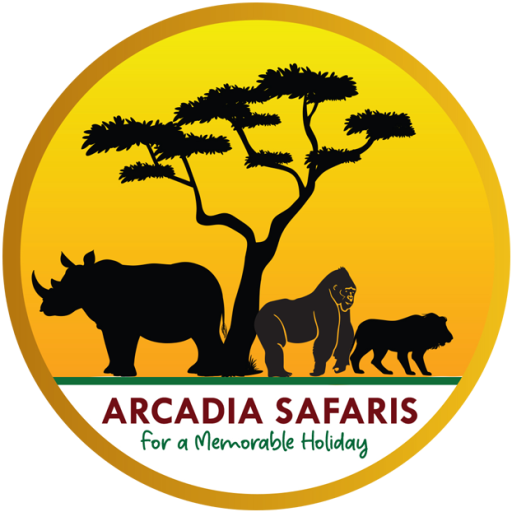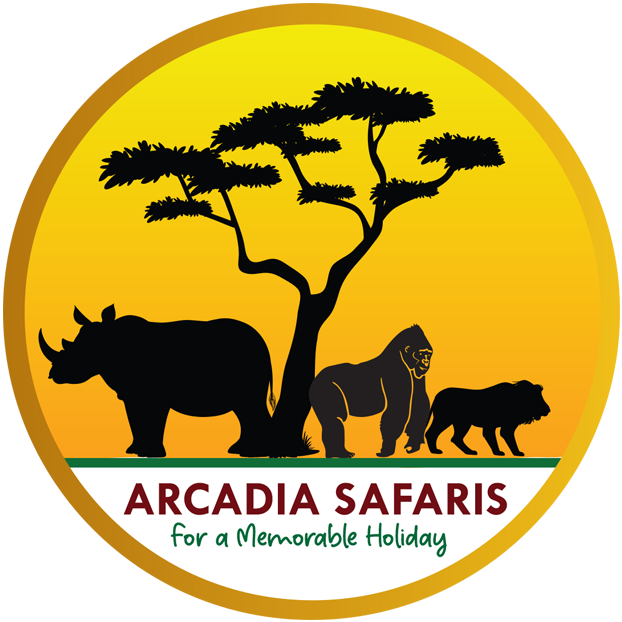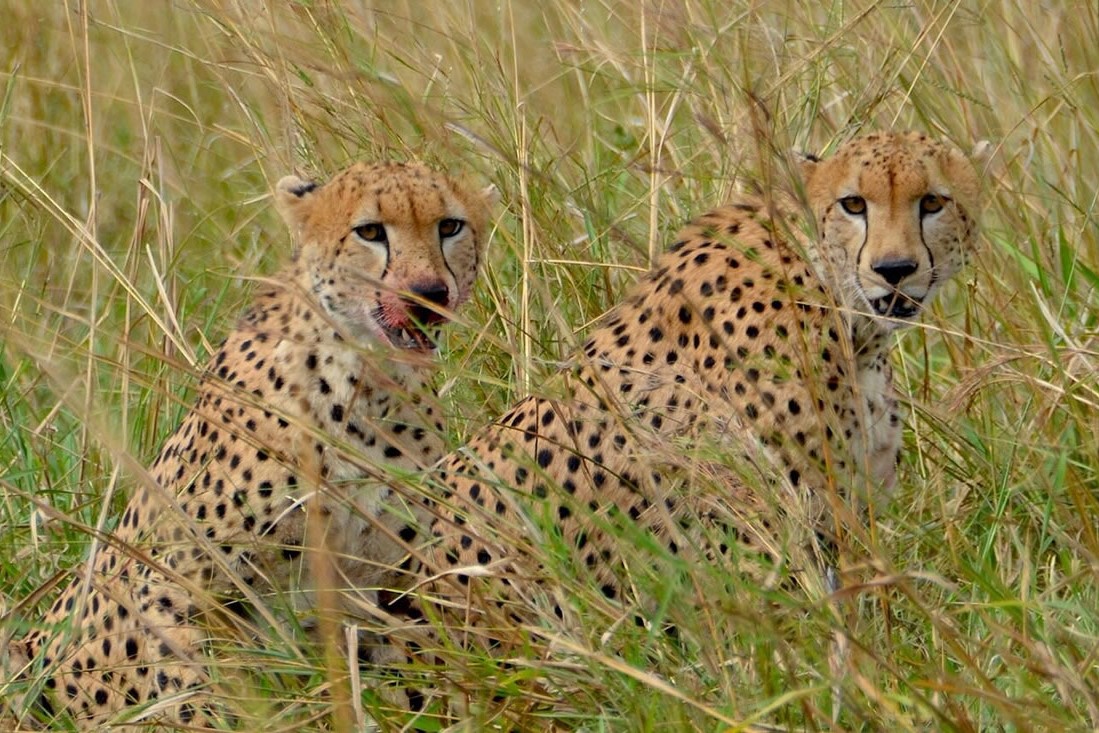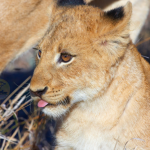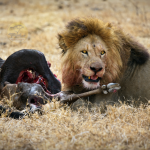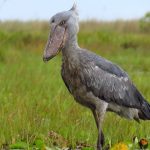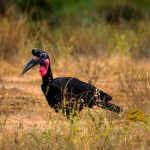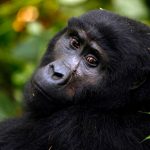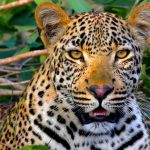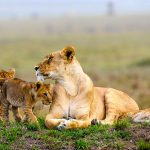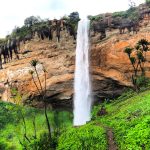Bokora Corridor Wildlife Reserve: An Undisclosed Natural Treasure of Uganda.
The Bokora Corridor Wildlife Reserve is found in northeastern Uganda and is a good example of a country committing to the protection of nature, enabling it to retain its rich biodiversity intact. This big area of about 2050 square kilometers has its area home for many different flora and fauna. The establishment in order to protect different types of unique ecosystems within its boundaries turned into an integral part of Uganda’s system for nature protection.
What Animals are in Bokora Corridor Wildlife Reserve.
The reserve hosts a great assemblage of wildlife, hence making it an ideal destination for nature lovers and also for wildlife photographers. Key fauna comprises large mammals like elephants, buffaloes, lions, and zebras. Bokora Corridor forms a vital sanctuary for such endangered species as Rothschild giraffe and cheetah, which are highly threatened against their survival. This makes the reserve more important in the general scheme of conservation, since many different species cross through during migration.
Flora in Bokora Corridor Wildlife Reserve.
With its varied landscape of grasslands, woodlands, and rocky outcrops, Bokora Corridor Wildlife Reserve is something else. Vegetation life is much rich in this important protected area, with a big number of plant species adapted to the arid conditions. Dominant in the area are acacia trees that offer vital habitats and food sources to many different animal species. The various vegetation covers the area in such an eye-catching manner, showing how life can thrive even in the most inhospitable ecosystems.
Avian Diversity at Bokora.
The Bokora Corridor will be a field of dreams for birdwatchers, with over 300 species recorded within its confines so far. From the great raptors overhead down to the colorful passerines on the trees, this reserve will absolutely keep one engrossed. The Karamoja Apalis is an added reason, and most specifically, the only place which gives the assurance of viewing this endemic bird species; therefore, it would be an absolute variance in any bird enthusiast’s repository of experience and knowledge.
Cultural Significance of Bokora
Besides being a home for these great mammals, the Bokora Corridor is a region filled with cultural heritage. The reserve houses the indigenous people who have coexisted with wildlife for several decades-the Karimojong. Their traditional practices and sustainable land-use methods befit conservation efforts in this area. Among the various activities one can experience in the local communities, there are those that help visitors learn about their customs and traditions and how they strive to achieve a delicate balance between human life and wildlife conservation.
Things to do while at Bokora Corridor Wildlife Reserve.
Game Drives.
Go on a safari drive through the various ecosystems in this reserve. You can spot some of the wildlife that includes elephants, giraffes, zebras, and various species of birds. At this point, a particular guided game drive with your guide may expose you to such sightings for great footage in your memory book.
Bird Watching.
With more than 200 species recorded in the reserve, Bokora Corridor is a haven for various birdlife enthusiasts. From the highly colored Lilac-breasted Roller to the majesty of the African Fish Eagle, take your binoculars and scan through the many varieties that make this habitat home; From grasslands to acacia, woodlands, or even open savannas, this reserve’s varied landscape provides an ideal haven for birds that are either migratory or residents.
Cultural Encounters.
Engage in excursions within the indigenous communities of this corridor amongst the Bokora group. Learn about the traditional practices, customs, and daily core activities. Many would accommodate visitors to share their hospitality, affording a unique opportunity to connect to the rich cultural heritage of the region.
Nature Walks and Hiking.
Those who would prefer the active kind: Bokora Corridor has trails on which to hike and go on nature walks. Guided by well-informed locals, these excursions will have one close to the flora and fauna of the reserve. Be ready to spot any of the various plant species, be it small mammals, maybe even catch sight of some elusive wildlife.
Stargazing.
At night, the Bokora Corridor turns into a star haven. Resulting from negligible light pollution, the reserve offers unparalleled opportunities to observe the stars. Just stand in awe and observe the expanse of the sky at night, with constellations and other bodies explained by a guide. Serene surroundings make this peaceful and amazing under the African stars.
Photography Safaris.
Go on a photography safari and capture raw beauty in Bokora Corridor-from the amateur enthusiast to the professional photographer, varied landscapes coupled with wildlife guarantee moments for incredible shoots limitless. From golden sunsets over the savanna to close-ups of the reserve’s inhabitants, every moment may well be a masterpiece.
Conservation Challenges and Efforts at Bokora.
Despite all its importance, the series of threats are poaching, habitat loss, and climate change that the Bokora Corridor still faces; Organizations that specialize in conservation collaborate with the local communities and the government of Uganda to reduce such threats through various activities: anti-poaching patrols and community-based conservation projects which ensure tourism development for the sustainable survival of this reserve and its inhabitants.
Remarks on Bokora Corridor Wildlife Reserve.
The Bokora Corridor Wildlife Reserve is one of the commitments undertaken by the Government of Uganda for nature conservation. With its diverse ecosystems, abundant wildlife, and different cultures, it surely will be an experience that every nature-loving visitor will want to have; Balancing conservation with community involvement, Bokora Corridor Wildlife Reserve offers a model for sustainable coexistence between humans and wildlife-a reason for hope in the future of biodiversity that is so dear to our planet.
